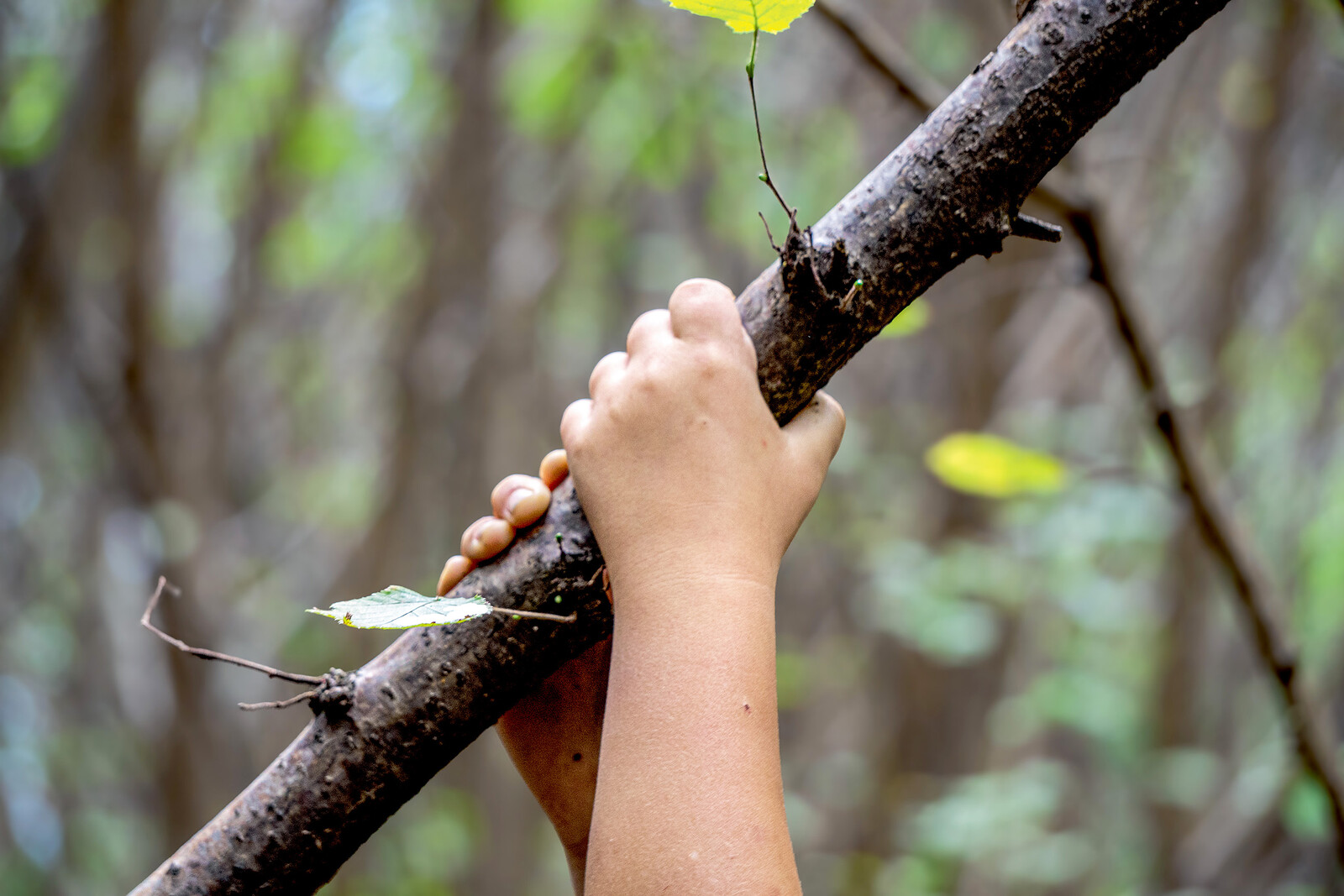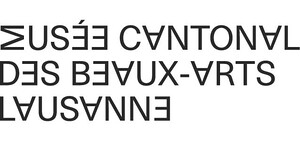Forest Futurism
September 27, 2024–February 16, 2025
Place de la Gare 16
PLATEFORME 10
1003 Lausanne
Switzerland
Hours: Tuesday–Sunday 10am–6pm,
Thursday 10am–8pm
T +41 21 318 44 00
mcba@plateforme10.ch
The Musée cantonal des Beaux-Arts, Lausanne (MCBA), is pleased to present Uriel Orlow’s solo exhibition Forest Futurism, commissioned for its Project Space.
For almost ten years, plants have been a regular focus of Orlow’s work, both witnesses to and protagonists of specific histories that they enable us to uncover or interpret differently, whether it be the blind spots of our colonial heritage, or our relationship to the natural world.
In his latest project, Forest Futurism, Orlow pursues a change of focus already initiated with Up Up Up, a work produced in the Engadine in which he looked at the forced movements of plants to higher altitudes in order to adapt to a changing ecosystem. Here, it is the life of plants themselves, outside or beyond the time of human history, that is at the centre of his topic. Forest Futurism is the result of research initiated by Orlow in the Italian Alps, in the Merano region. Produced as part of the residency programme of BAU, an institute dedicated to contemporary art and ecology, it explores the time span of climate change.
Orlow has collaborated with a palaeobotanist and climate scientists, as well as with children from a forest kindergarten, to understand not only climate transformations in a double movement towards the past and the future, but also to explore our connections with the more-than-human world and imagine new forms of coexistence with nature.
The artist has enacted different shifts to give physical, visual and sensory form to his research. While he is interested in the material traces of the time span that are fossilised trees, he translates them into sculptures by creating 3D renderings in volcanic stone. But central to the show is his film, We Have Already Lived Through Our Future—We Just Don’t Remember It (2024), the result of months of filming over several seasons. It lies at the intersection between the factual, visual documentation of a place and what its history teaches us, and the mise-en-scène based on that other essential historical force, imagination. Imagination is embodied here by children from a forest kindergarten who live in and talk about the forest, imagining it and singing it, describing its own evolution and its relationship with humans and animals. Future actors in our relationship with nature, they are situated in the present, at the fold between the immensely long time span that precedes them and the possibilities of time in the making. In Orlow’s film, the children, in their being in the world still free of the despair that prevents action, represent the force capable of ‘bending the order of time’. Like plants and trees, they are in motion.
Curated by Nicole Schweizer, Curator of contemporary art, MCBA.
Biography
Uriel Orlow (b. 1973 in Zurich, lives and works between London, Lisbon, and Zurich) is the recipient of the Prix Meret Oppenheim 2023, the CF Meyer Prize 2020, and the 2017 Sharjah Biennial Prize, among others. His work has been featured in major international exhibitions, notably the 54th Venice Biennale, Manifesta 9 in Genk and 12 in Palermo, and in numerous museums, galleries, and film festivals. Orlow teaches at the Zürich University of the Arts (ZHdK), the University of Westminster, London, and Maumaus, Lisbon.
Publication
Nicole Schweizer (ed.), Uriel Orlow. Forest Times, with contributions by Lucia Pietroiusti and Ana Teixeira Pinto (French/English), 222 p., co-edition K. Verlag, Berlin, and MCBA, Lausanne, 2024. CHF 30 at the MCBA Book and Gift shop shop.mcba [at] plateforme10.ch
Events
For the full public program and for more information, please visit mcba.ch. For press and images visit here.
Project co-realised with BAU—Institute for Contemporary Art and Ecology, and with the generous support of:
Autonome Provinz Bozen, Autonome Region Trentino-Südtirol, Pro Helvetia, Swiss Arts Council, Gulbenkian Foundation, MCBA Lausanne, Zürcher Hochschule der Künste, and Fakultät für Design und Künste Universität Bozen



